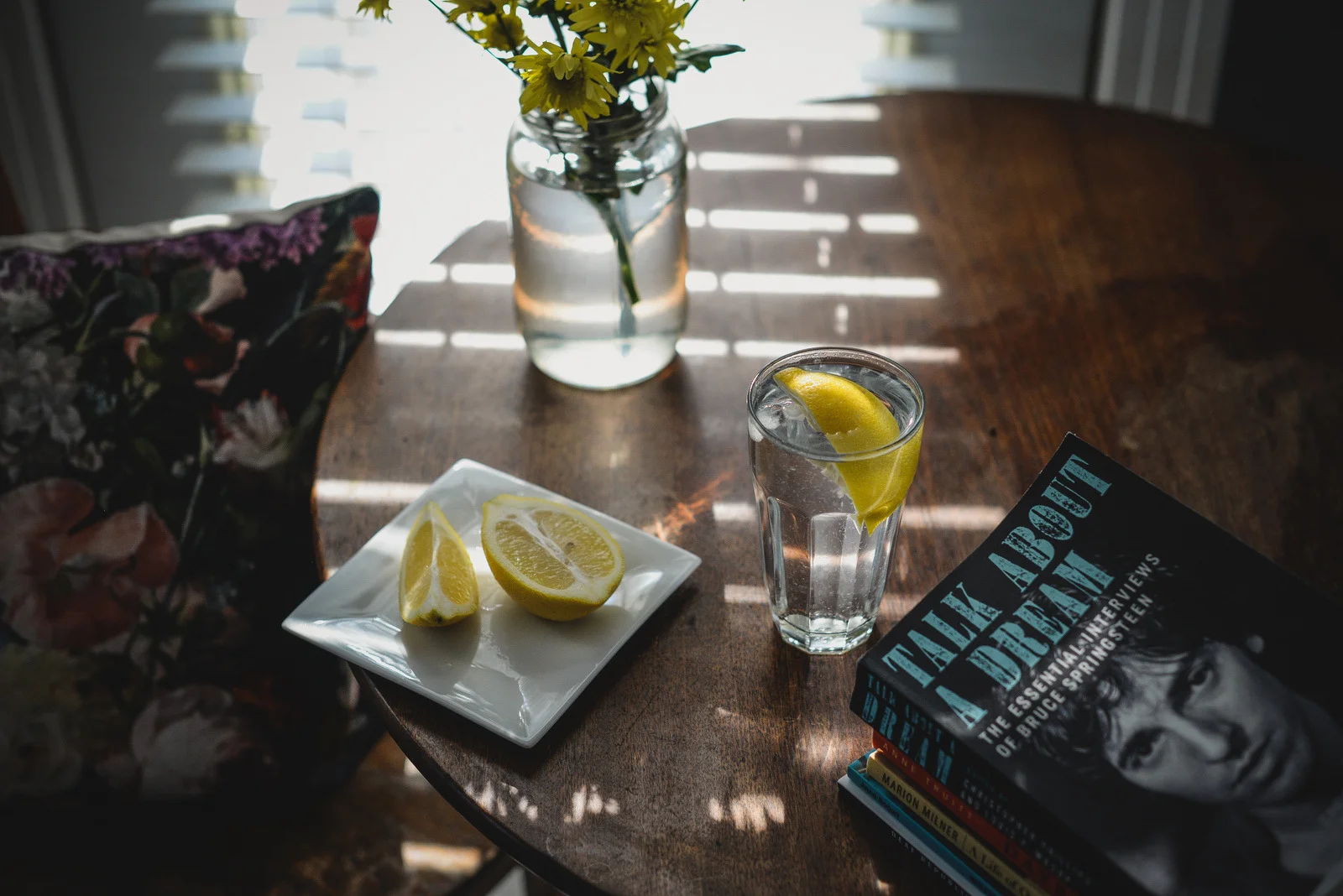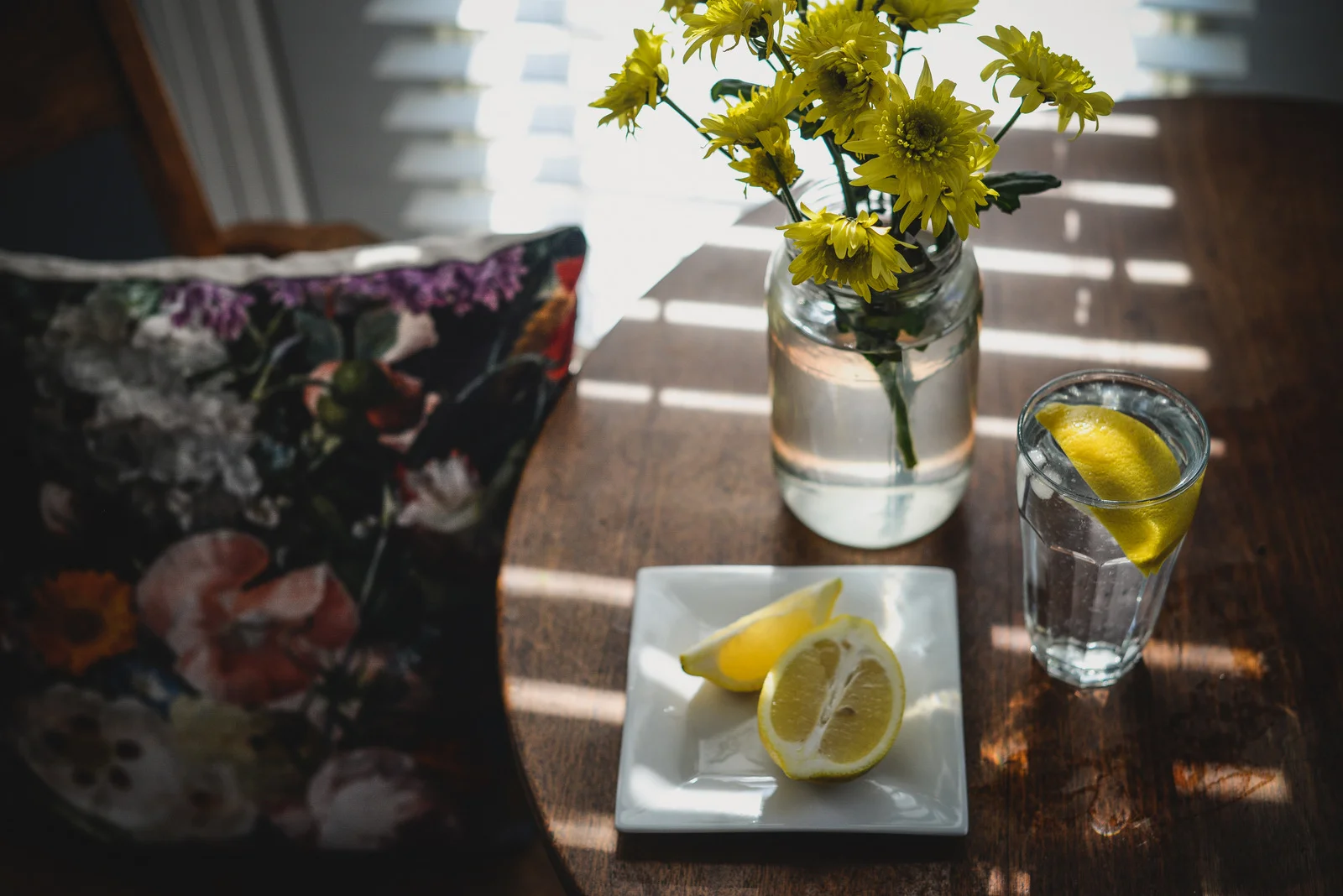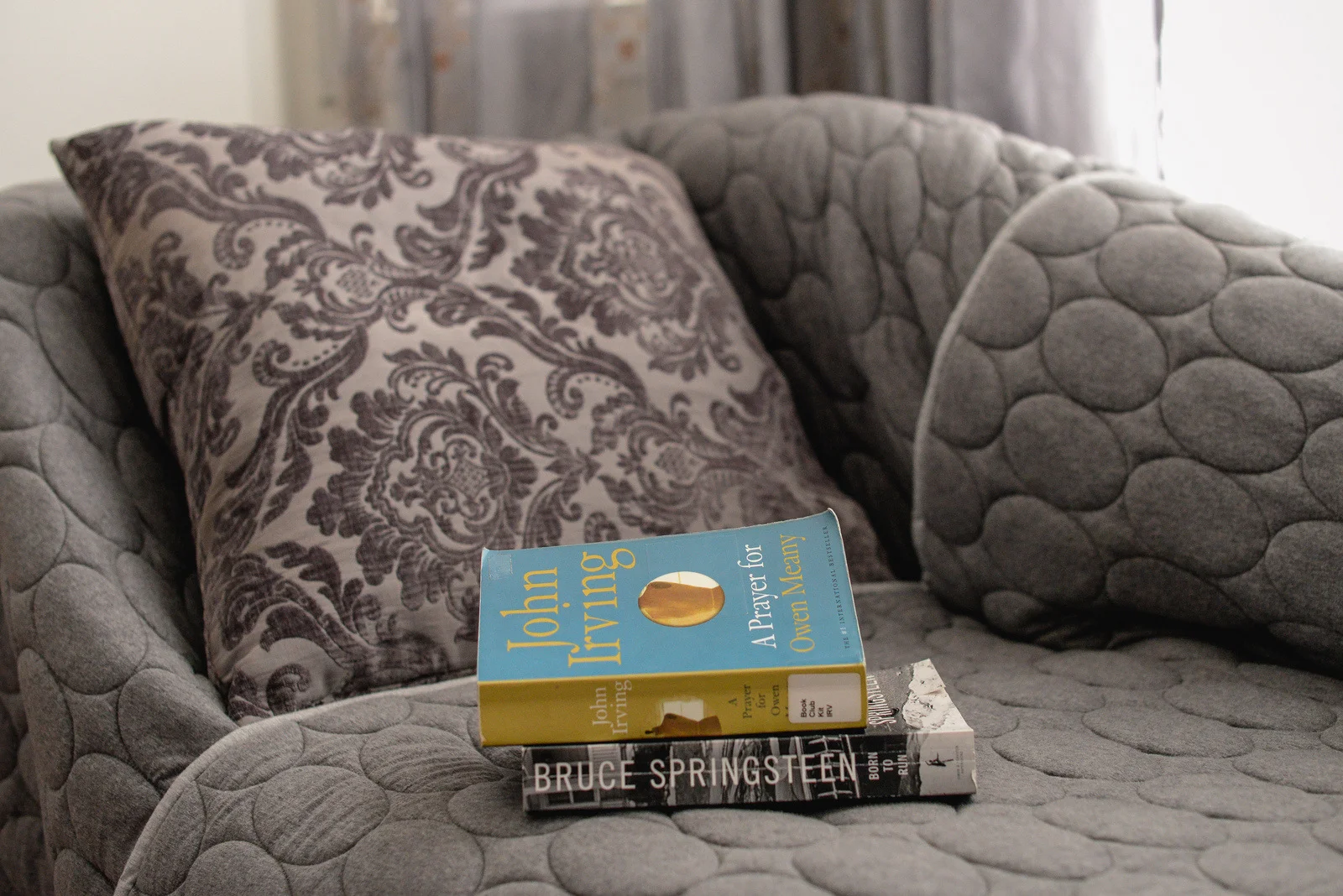Me and My Obsessions, Again
It occurs to me that this whole thing, this entire enterprise, blogging, writing books, taking photos, whatever it is you do and make, where you work, doing the chores, making dinner, looking after the people you love and don’t so much love, is all about understanding yourself and others in relation to the world. It’s about learning what love is, and how to love. It’s about figuring out how to be open and capacious and to let everything in and see what happens. It’s about everything and the kitchen sink.
I’ve been thinking lately about beauty as a kind of love, and the love of beauty as a balm to the soul, and our soul as a gathering of all our frequencies. When you can see beauty in the world, how is it possible to hate? When your soul is on the correct frequency how can you not love everyone?
I’ve also been thinking about my obsessions, my dreams, about style and as usual about Virginia Woolf, Clarice Lispector, Hélène Cixous, Jane Austen, and my latest obsession, Bruce Springsteen. You might think that Bruce Springsteen is an unusual addition to this mix, but I assure you, he is not.
Let’s start with a quotation from a book of interviews with him.
“You wrote about what you were – what interested you. And every good writer or filmmaker has something eating at them, right, that they can’t quite get off their back. And so your job is to make your audience care about your obsessions.”
As interesting as I find Bruce Springsteen, and I’ve been seriously and diligently mainlining his music and his life via YouTube and iTunes and books, you name it, for the last 6 months, what is even more interesting is how many people are obsessed with him. They live their lives through his music, and it’s actually pretty cool. Generally speaking, my ongoing obsessions through my adult life have been literary. There are a lot of authors I love, but I really love Lispector, Austen, Cixous, and Woolf. These are my people. Would I like to have dinner with any of them? A resounding, no, even if any of them were alive, or time travel was a thing. The same goes for Mr. Bruce Springsteen. Nor could I go to a concert, sadly, due to the fact that I’m claustrophobic, afraid of large crowds, and am an intense and easily overwhelmed introvert. I’m not a fainter, but I’m sure I’d faint. Thus, I’m quite a good fan, but just not that kind of fan. Not a Stan, or a SpringStan. I heed the advice from Austen’s juvenilia, “run mad as often as you chuse but do not faint.”
I suppose I am drawn to writing that honours the dream, both the unconscious one and the conscious. I’m drawn to stories of the sad and lonely. (“How can one disguise the simple fact that the entire world is somewhat sad and lonely?” – Clarice Lispector, THOTS)
When I wrote Rumi and the Red Handbag I was obsessed with Lispector’s The Hour of the Star – the first line of the books is: “Everything in the world began with a yes.” My Ingrid-Simone could be a character in a Springsteen song, as could Macabéa, and the way she was run down by a yellow Mercedes. Both of these novels, to some extent are about work, young women working in dead end jobs. Not unlike Springsteen’s rather elevated grocery store Queen. Our lives revolve around work, often tedious jobs, but the world wants love songs. Maybe.
This next quotation sums up how I feel about The Hour of the Star.
“On rare occasions there comes along a profound original, an odd little book that appears out of nowhere, from the pen of some obscure storyteller, and once you have read it, you will never go completely back to where you were before. The kind of book you might hesitate to lend for fear you might miss its company. The kind of book that echoes from the heart of some ancient knowing, and whispers from time's forgotten cave that life may be more than it seems, and less.”
― E. J. Banfield
I love the character in THOTS so much. Even after Macabéa is dumped by her fellow, “it was not in her nature to be downhearted” and besides, “sadness was a luxury” she takes herself out for a treat. “The treat would consist of buying a new lipstick she didn’t really need: not pink like the one she was using, but this time bright red. In the washroom at the office she painted her lips lavishly beyond their natural outline, in the hope that she might achieve that stunning effect seen on the lips of Marilyn Monroe.”
Sure, she has hopes and dreams, but they’re so small you might not notice them.
Lispector understands the way that daydreams and nightdreams work on each other. And she understands the way that daily life acts on both of these.
From A Breath of Life:
“What I dream at night and forget the next morning – that intimate discomfort of someone who ignores part of his life: death escapes me. Sometimes I don’t sleep all night hoping to dream while I’m awake and to be conscious of the mystery and depths of the dream. And actually, even without sleeping, out of fatigue, I start to daydream.”
“Daily life contains within itself the abuse of daily life: daily life has the tragedy of the tedium of repetition. But there’s a loophole: that the great reality is exceptional, like a dream in the entrails of the day.”
That’s me, always looking for the loophole.
It’s Cixous who led me to Tsvetaeva, the great Russian poet, and her idea of “The Pathfinder” who comes in a dream about fathers. Cixous says, “The Pathfinder is that unknown thing that is, at the same time, the most known thing: that black spot in the distance amid the murky maelstrom of the blizzard toward which, as she says so beautifully, “poets will walk without thinking as if walking home.” (“Hey pretty baby it’s gonna be a long walk home”).
She also says, “There are few dreams in books. It’s as if they have a bad reputation.” But “I like dream writers,” she says. “Tsvetaeva, Kafka, Clarice Lispector, Genet, Ingeborg Bachmann are all dreamers: sleepwalking scribes. I never really questioned the relationship to dreams of the authors I love.” Lispector, as you might have seen in the video was obsessed with Hemann Hesse’s Steppenwolf, a dream of a novel if there ever was one. (I was also obsessed with that one for a while).
When someone asks us to dream, what are they asking? Dreams are big in Springsteen, waking dreams, but you have to get working on your dreams, they’re not coming to you.
Next, I give you Suicide’s version upon which my (current) favourite Springsteen song is based.
Next, this one, for the pure joy of the faces in the audience:
And this, which is beyond words:
How many times have I typed out these lines:
“It’s with such intense joy. It’s such an hallelujah. “Hallelujah,” I shout, an hallelujah that fuses with the darkest human howl of the pain of separation but is a shout of diabolical happiness. Because nobody holds me back anymore.”
The opening lines of The Stream of Life by Clarice Lispector.
Which of course remind me of Leonard Cohen, and his hallelujah, another obsession. But also: “it ain’t no sin to be glad you’re alive.” (Springsteen). Because there has to be joy, shouts of diabolical happiness! Because when that fuses with your darkest howl, there is an alleviation, a sanctification, a lifting of the spirit. Everything’s going to be alright.
What I love in writing is the details. Mary’s dress sways. Often still lifes. Jane Austen’s sponge-cakes. Dailyness, the everyday, the ordinary, regular human beings, odd ones, this is my jam. I also love poetic writing. I love Woolf.
“It is in our idleness, in our dreams, that the submerged truth sometimes makes its way to the surface.”
– Virginia Woolf
or:
“By the truth we are undone. Life is a dream. 'Tis the waking that kills us. He who robs us of our dreams robs us of our life.”
– Virginia Woolf
Here is what she famously said about style:
“Style is a very simple matter; it is all rhythm. Once you get that, you can’t use the wrong words.”
Below is the only recording we have of Woolf’s voice. Which is hard to imagine. In her diaries she talks about writing The Waves, one of the most amazing books on this planet. “I am writing The Waves to a rhythm not to a plot…though the rhythmical is more natural to me than the narrative, it is completely opposed to the tradition of fiction and I am casting about all the time for some rope to throw to the reader.” Oh, darling, here we are.
Woolf ends by saying:
“Finally, and most emphatically, words, like ourselves, in order to live at their ease, need privacy. Undoubtedly they like us to think, and they like us to feel, before we use them; but they also like us to pause; to become unconscious. Our unconsciousness is their privacy; our darkness is their light…
As writers, we are trying to throw a rope to our readers, but maybe as humans we are trying to do the same – throwing a rope from one life to another. We’re trying to communicate something, to understand. We want to feel seen, we want to be visible. Our words are waiting in the darkness of our unconscious, in our dreams, for the right rhythm.
If I keep coming back to my obsessions, it’s only because I also need to remind myself,
You are required to make something beautiful.
That old one.
Dream, baby, dream.







